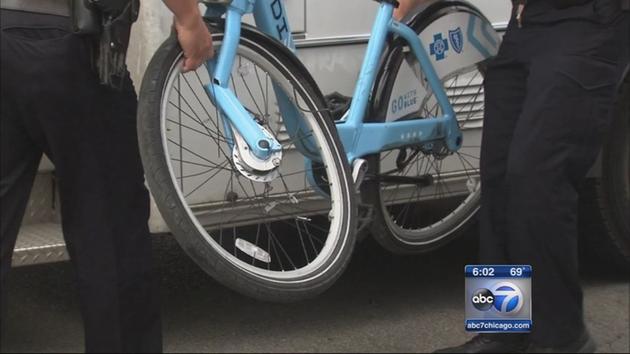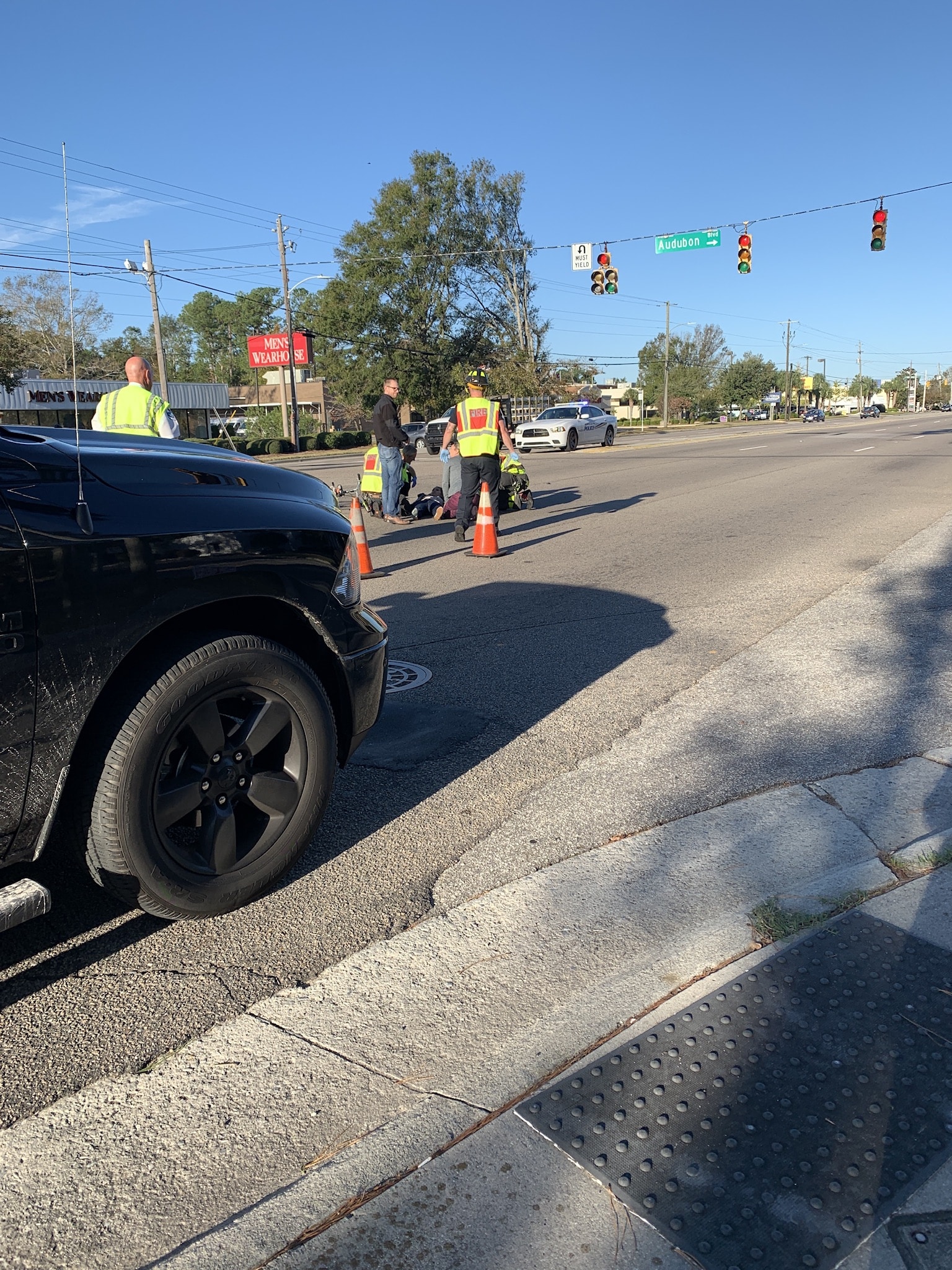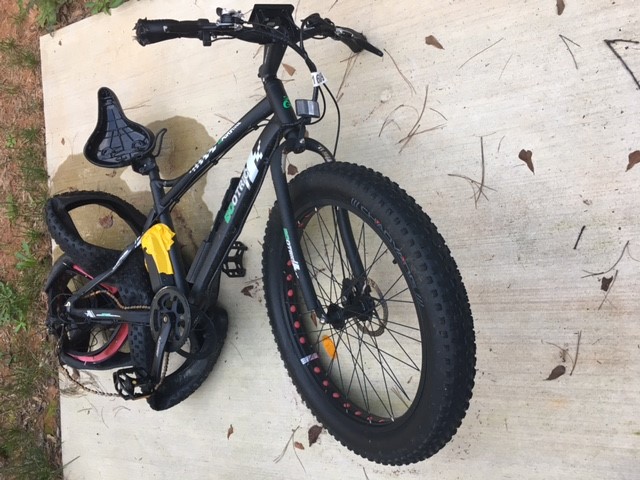The last few weeks of my job as a bike crash lawyer have been a mixture of both exhausting tragedy and a feeling of true purpose.
It’s been a brutal start to the summer for cyclists. From New York to Michigan to San Fransisco and everywhere in between we’ve seen a level of carnage unmatched as far as I can remember. I’ve been told that there are all sorts of possible reasons for these bike crashes, mostly some combination including more cars driving this season and more bicyclists on the road. Personally, the last few weeks of my job as a bike crash lawyer have been a mixture of both exhausting tragedy and a feeling of true purpose.
This is the backdrop against which I write with a heavy heart about the first bike share fatality in the nation. At approximately 9:00am Friday morning, 25 year old Virginia Murray was riding a Divvy bike share bicycle northbound on Sacramento Boulevard in Chicago. As she approached the intersection of Belmont and Sacramento a flatbed truck, also northbound on Sacramento, made a right turn. In the process of executing the right turn the truck struck Murray. She is reported to have suffered a head trauma and was pronounced dead at 9:58am.
I was a huge supporter of bike shares before Chicago ever saw a Divvy. I blogged for years about bike shares in places I visited, from the junky yellow bikes of Pensacola’s “bike share” run out of a local bar, to Paris’ Velib program. All the while I longed for bike share to come to Chicago. There were teaser programs long before Divvy. There was talk about a “Blue Bike” program that might become a bike share, and there was the BCycle. Those two programs didn’t amount to a mosquito bite compared to the growing rash of Divvy stations sprawling across our City. When Divvy came to Chicago I was one of the first in line. I was a founding member, having bought my membership the day they became available, well before the program’s launch. I will never forget my first ride on a Divvy from Daley Plaza to Wicker Park along with some detours. It was a murderous six miles. I quickly learned that a Divvy is aptly suited for it’s intended purpose of short trips, and as such it is a wonderful compliment to the many other forms of transportation one might use in Chicago.
I have handled bicycle crash cases almost exclusively for over a decade now. I’ve often said that when it comes to bike crash cases, “I’ve seen it all.” That really isn’t true though because every case that every bicycle collision is unique and every collision poses unique problems and questions. Bicycle cases have a special flare for unique problems as bicycle cases are often not as “black and white” as your run of the mill auto collision. What I mean when I say, “I’ve seen it all,” is that bicycle cases have similar predictable themes. These themes can be observed in similar types of collisions, and I’ve been doing this long enough that I know the types and their themes very well.
One thing I haven’t seen is a Divvy bicycle-share fatality. We have handled a few cases in which Divvy bike-share users were involved in collisions, but we really haven’t seen too many dramatic injuries from those cases. Just a few weeks ago I was quoted in a front page article in the Chicago Tribune about how safe bike shares are, and how they have not had so much as one fatality in the history of bike share programs in the United States.
So while the nation’s first bike-share death is something we haven’t seen before, I’ll say once again, “I’ve seen it all.” I may not know exactly how this collision happened, but I bet I can predict some of the themes that will come out of it.
The collision that occurred between the truck and the Divvy was what we call, “the right hook.” It is a very common collision. In Chicago it is only outpaced in frequency by the “dooring” and the “left cross.” A “right hook” occurs when a car and a cyclist are travelling in the same direction and a car makes a right turn into the path or person of the cyclist. The typical scenario is that the driver passes the cyclist, then executes their turn. In Chicago there is a statute that specifically prohibits the “right hook.”
The relevant portions read as follows:
9-16-020 (f) Turning right in front of a bicycle. When a motor vehicle and a bicycle are traveling in the same direction on any highway, street, or road, the operator of the motor vehicle overtaking such bicycle traveling on the right side of the roadway shall not turn to the right in front of the bicycle at that intersection or at any alley or driveway until such vehicle has overtaken and is safely clear of the bicycle.
After reading this you might think, “Well that means the Divvy collision today was the driver’s fault.” I’d agree with you, but I expect the police and the company who owns the truck will not. The media reports that no charges have yet been filed. I will be surprised if any charges are filed against the driver. I’ve seen a lot of “right hooks,” but I’ve never seen a ticket issued for a “right hook.” Further, I’ve never seen a defendant or insurance company take responsibility for their actions after “right hooking” a cyclist. They tend to deny any liability. In my experience the driver will usually claim that they signaled a right turn, and that they were in the process of executing their turn when the bicyclist attempted to pass them on the right. They will use some permutation of the usual language drivers use to describe bicycle movements stating that, “…she came barreling down the street… …came out of nowhere…” or “…rode up at a high rate of speed.” I have a letter from an insurance company I use in my “Legal Cycling” presentations in which an insurance company denied a right hook claiming that their insured was stopped mid-turn when my client rode up at a high rate of speed and crashed his bicycle into the side of their insured’s truck. “Right hooks” are one of the more highly contested bicycle cases in my experience. I have yet to see one resolve voluntarily.
To add insult to injury, police often back the driver up. In today’s case the report may hinge largely on what the driver says as the bicyclist will be unable to give her version of events. The woman’s family may find themselves at the mercy of the Chicago Police to preserve evidence and witnesses. As we saw recently with Blaine Klingenberg’s death, things aren’t always as simple as the police report would have you believe.
If my predictions come true anyone who has ridden a Divvy will know the fallacy of the driver’s story. It lies in the assertion that a young woman on a Divvy bike is even capable of going fast. Divvy bikes are slow and clunky by design. They weigh 40lbs. They only have a three speed hub. You simply cannot go fast on a Divvy if your life depended on it. Divvy’s aren’t designed to be fast. They are designed to be sturdy, dependable and one-size-fits-all. They are designed for short local trips, not for racing on a velodrome.
One of the beautiful things about the Divvy is that it’s design makes it somewhat safer than a regular bicycle. Since it isn’t as fast one can’t really hot-rod a Divvy. Further, you can’t miss a Divvy on the street. They are painted a conspicuous bright pale blue, and they have built in front and rear lights that are always on. Finally, the riding position of the Divvy is very high and upright, putting the rider at a good level to be seen by neighboring motorists.
The reality is that most right hooks occur when a driver overtakes a cyclist and they fail to notice the cyclist. They execute their right turn without the faintest awareness of a bicycle to their side. All cars are equpiied with a passenger side mirror. There are no excuses.
When a motorist says, “The bicyclist came out of nowhere,” I point out that there is no such thing as a magic cyclist. Bicycles do not simply appear out of thin air. The bicyclist was there, they just didn’t see her, and that is a error for which the driver should take responsibility. Just because you were not looking for the cyclist doesn’t mean she wasn’t there.
While this is a sad day for the history of bike shares, I’d impress upon you that the bicycle really is a civilized and safe form of transportation. Bike share transportation is statistically a very safe way to get around. There have been something like 8 million trips taken by Divvy bike share members, and only one fatality. If only car travel had such wonderful statistics.











